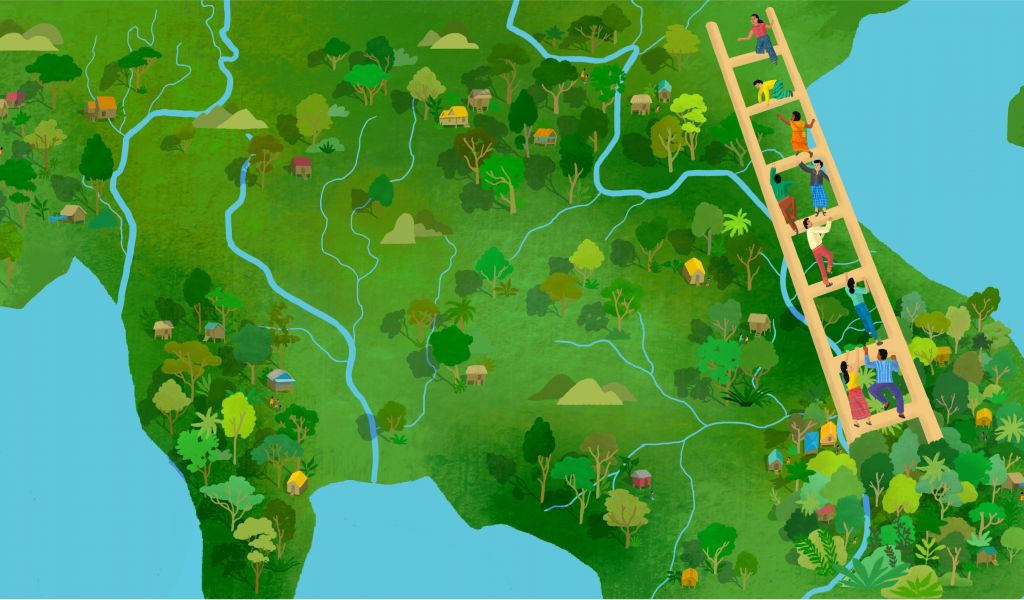Special Report: Civil society increasingly shapes forest laws in the Mekong region

Imagine waking up one day and being told you no longer have a right to live in the village where you, your parents and even your grandparents were born, because decision-makers in a distant city had allocated the land as a national park. Or imagine being told you can’t use timber from trees you have planted in your own garden. Imagine feeling powerless when a logging company arrives in your area and says that it, not your community, has rights to the trees there.
Across the Mekong region of Southeast Asia, problems such as these have long affected communities that depend on forests for survival and are often already marginalized and living in poverty. But in recent years, the governments of the Mekong countries have increasingly listened to the concerns of communities and civil society organizations (CSOs) that represent their interests. These governments have started to let civil society groups provide input as they reshape policies and laws governing forests.

